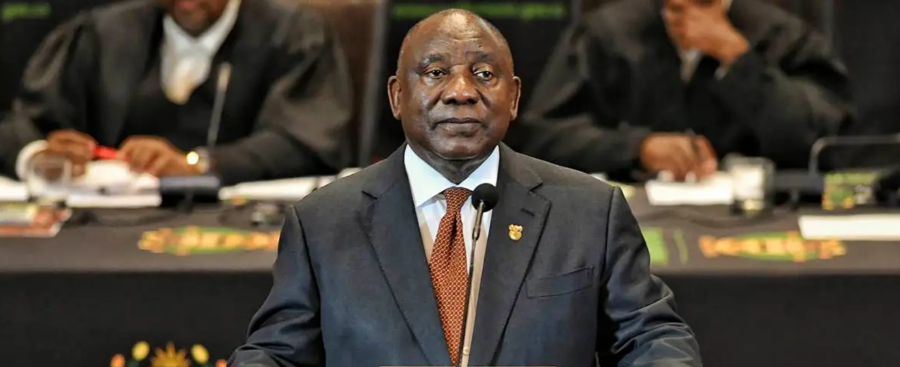(3 Minutes Read)
South Africa says that electricity load shedding will be discontinued for over a month and a half following new generation capacity that has been added to the energy system.
South Africa says that electricity load shedding will be discontinued for over a month and a half following new generation capacity that has been added to the energy system. President Ramaphosa says the pause ‘gives us hope that the end of load shedding is in sight.
President Ramaphosa, in his weekly statement released on Monday, said the news was a welcome development and shows that the Energy Action Plan we announced in 2022 is working. A renewed focus by Eskom on maintenance and the return to service of several units is now showing results. Losses due to unplanned outages have reduced by 9% between April 2023 and March 2024, adding the equivalent of 4,400 MW of capacity to the national grid, stated Ramaphosa.
South Africa has for years struggled to contain an electricity crisis that forces the state power regulator, ESCOM, to cut power supply to different areas intermittently to manage the limited power product.
In April, South Africa’s Central Bank warned that load shedding would continue to undermine the economic growth of the country. This pause in load shedding will be a reprieve, especially for businesses that have criticised the impact it is having on profits. Ramaphosa, however, warns that it is too early to say that load shedding has come to an end. The risk of load shedding remains. We must therefore all continue to play our part by using electricity sparingly and paying for the electricity that we use, Ramaphosa said.
South Africa says it is expanding its transmission network to accommodate renewable energy in provinces, with a plan to build over 14,000 km of new transmission lines across the country.
Read Also:
https://trendsnafrica.com/is-light-at-the-end-of-the-tunnel-for-eskom/
https://trendsnafrica.com/eskom-ranked-as-the-worlds-top-polluter/
Ramaphosa also denies the reduced load shedding was a political ploy ahead of the elections due on May 29. Some have speculated that there is less load shedding because Eskom is using the diesel-fueled peaking plants to ‘keep the lights on’ in the run-up to the elections. This is not borne out by the facts, Ramaphosa responded.





